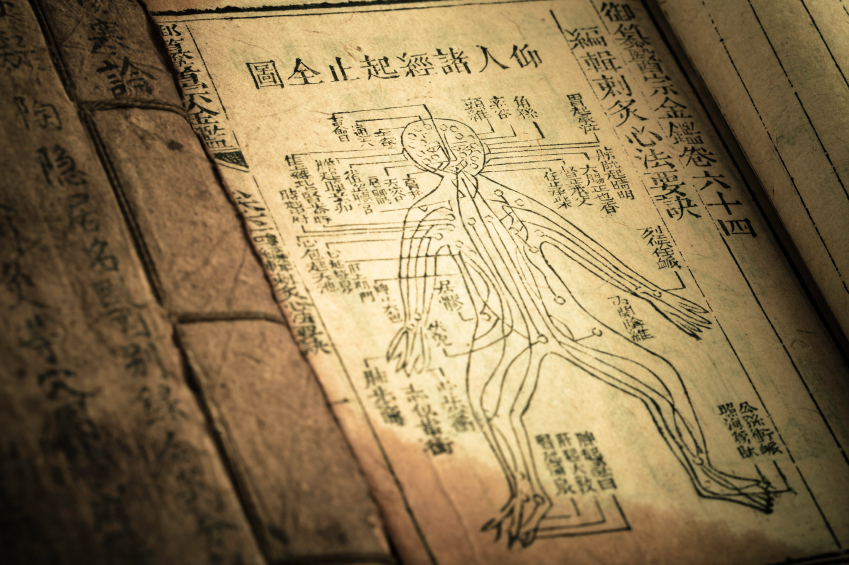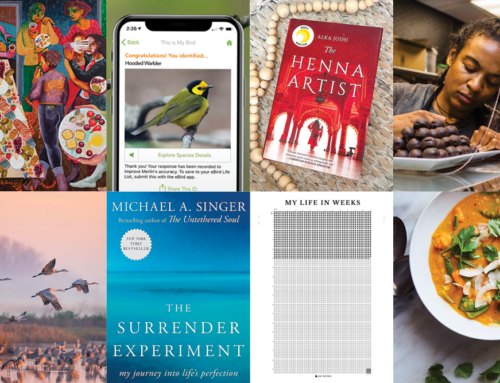As health and wellness needs have evolved in the 21st century, Mend has become part of that positive change. Offering affordable, non-invasive, whole-person healthcare that gets results has been part of Mend’s mission since its creation. With that goal in mind, Mend has gathered together an amazing group of practitioners that are not only great at what they do, but are also genuinely good people. Among the practitioners at Mend is Brian Dougherty, a Doctor of Oriental* Medicine. We took some time to sit with Dr. Brian to talk about what exactly a “Doctor of Oriental Medicine” is, and how it differs from being an acupuncturist.
* It should be noted that recently there has been discussion in removing the racist term “Oriental” from the title of “Doctor of Oriental Medicine,” as well as entities in the acupuncture field including schools, state associations, and national agencies. While many are in agreement that the festishized term needs to be eradicated, its entrenchment is making the task challenging as cited in the article, “In the George Floyd Moment: Removing the “O-Word” from Acupuncture and Eastern Medicine.”
What exactly does it mean to be a “Doctor of Oriental Medicine”?
Dr. Brian: In essence it means two things primarily. First, in a purely academic sense a Doctor of Oriental Medicine (D.O.M.) has a professional doctorate like an M.D., J.D., Ed.D., etc. Unlike a PhD there is no thesis to write or defend, but rather it is a clinical doctorate. Meaning I spent about 100 more hours treating in clinical observations in advanced treatment techniques than I would have for a Master’s. There is also quite a few more hours (I don’t remember the exact amount) of didactic learning that takes place as well. The classes I took for my doctorate were more focused on an integrative approach to medicine, which included learning to read blood work and to work with standard care professionals in a more collaborative way.
Secondly, being a D.O.M. means that I am trained to be proficient in not just acupuncture, but also Chinese herbal medicine and Qi Gong (medical breathing exercises). Since there are a few other herbalists at Mend I would say I am perhaps unique in that I have more integrative medicine training, but otherwise in a practical sense we all do the same work with great results.
Why did you choose to earn your doctorate?
Dr. Brian: Primarily my motivation to earn my doctorate was to teach in an academic setting. The university system has definitely moved in the direction of only having doctors teach the primary courses, and I eventually want to be able to do that, fate permitting.
You mentioned earlier that you learned how to read blood work. How does that fit into Chinese Medicine or what you do day-to-day?
Dr. Brian: For those patients that are interested in working with me at that level, they bring their blood work in for me to review with them, and I share my perspective which is very different from what they will receive from their primary care physician (PCP). I offer a different way of looking at things, and also provide more possibility or options for the patient. For example, I can primarily offer treatment plans in conjunction with pharmaceuticals which can eventually allow them to come off of meds in cooperation with the prescribing provider, or minimize their use over time as their body actually heals.
In a very practical sense, I often have to translate Western medical variables into Chinese medical terms and ideas, which I then use for diagnosis and treatment, and then translate back into Western terms in dialogue with the patient and their primary health care provider. I’ve had significant success with this approach in helping patients with high cholesterol, blood sugar issues, hypothyroidism, and the like. I often use lab work to show the patient their progress as well as a source of objective data to bring back to their PCP. Also, I’ve had the honor of helping quite a few patients to come off of mood altering drugs like Xanax for example.
An important point to add here is that this process not only requires willingness and hard work on the patient’s part, but also a prescribing provider’s invested cooperation.
Are you currently learning anything of note you want to share with our readers?
Dr. Brian: I’ve recently taken a continuing education course on treating post-Covid complications with Chinese Medicine. There is a lot of promising information to pass along, and I think it will take another blog entry to cover it all.
That sounds great! Thanks for sitting down to chat with me about what a DOM is.
Dr. Brian: My pleasure.






